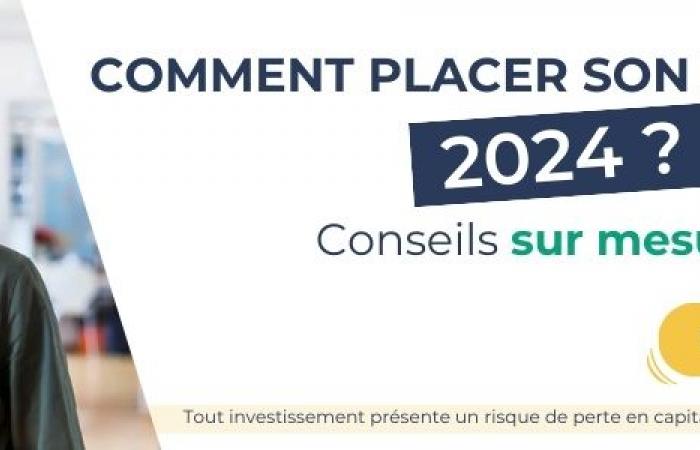The end of the energy check in 2025 is a reality that is looming on the horizon. This financial assistance, intended to support the most modest households in the payment of their energy bills, will experience major changes from next year.
Who will be the people impacted by this development? What will be the effects on their daily lives? This is what we will explore in this article. Stay with us to understand the implications of this decision and best anticipate the consequences on your energy budget.
The energy check: financial support for low-income households
Since its introduction in 2018, the energy check has established itself as crucial financial assistance for around 20% of French households the most modest.
Every year in April, nearly six million of these households automatically receive this checkallowing them to pay part of their energy bills without having to take administrative steps. This system aims not only to reduce the burden of energy costs, but also to combat fuel poverty, a growing problem which affects many families.
By offering direct support to vulnerable households, the energy check plays a fundamental role in preserving their purchasing powerallowing them to devote more resources to other essential needs.
Change in the method of awarding the energy check in 2025
The finance bill for 2025 provides for a overhaul of the energy check allocation systemfollowing the abolition of the housing tax.
Households wishing to benefit from this aid will now have to actively register via a digital platform. This change could pose difficulties for those who are not familiar with digital tools. It is therefore essential that support measures are put in place to avoid increased financial exclusion of the most deprived households.
Obstacles to access to the energy check and the solutions envisaged
The rate of use of energy checks is currently worrying, varying between 3% and 12%. This indicates that many eligible households are not sufficiently informed or are experiencing difficulties in applying.
To remedy this situation, proposals have been made to simplify the process and improve communication with potential beneficiaries. The Minister of Energy also affirmed that efforts were underway to restore the automatic distribution of the energy check.
At the same time, the abolition of the housing tax could lead to a loss of up to 277 euros for certain households. This raises concerns about the effectiveness of these changes, especially since a Drees study reveals that a high percentage of potential beneficiaries do not receive the aid to which they are entitled.
Indeed, 30% of those eligible do not receive unemployment compensation, 34% do not benefit from RSA and 50% do not receive the minimum old age pension. It is therefore very likely that a significant proportion of potential beneficiaries of the energy check will also not receive this essential aid.







